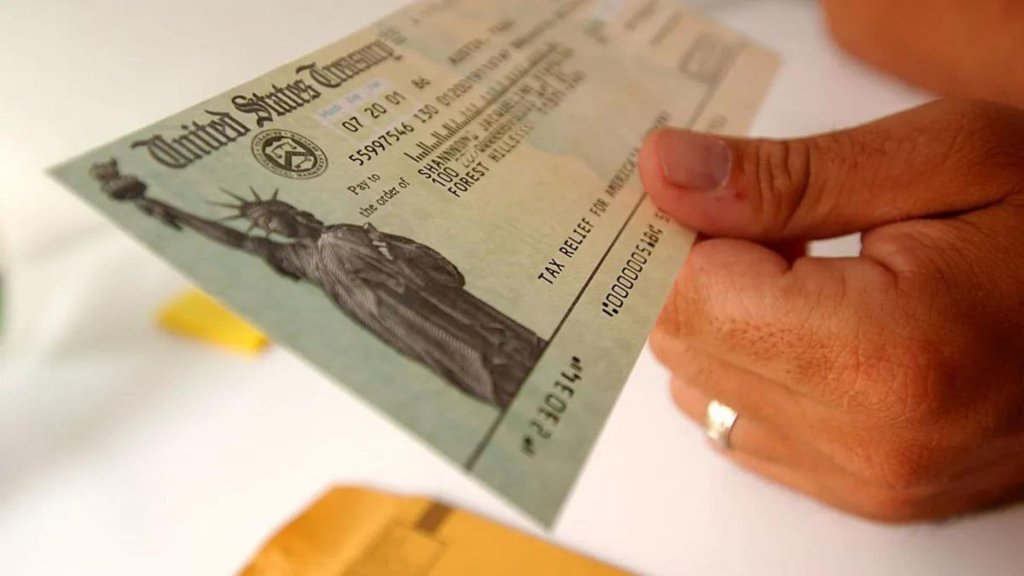
Massachusetts Circuit Breaker Tax Credit helps prevent these households from “overloading” their property tax deductions or paying taxes at a rate higher than they should be. Many states offer circuit breakers, though the details vary widely. Some limit eligibility based on whether the taxpayer is a homeowner or renter, while others offer the credit to both homeowners and renters. The income ceilings for qualifying taxpayers also range from state to state, as do the maximum benefits. Some circuit breakers are based on thresholds that the taxpayer’s property taxes must exceed in order to receive relief, while others are based on a formula that reduces the amount of tax paid by a fixed percentage of the total household income.
In most cases, federal income taxes do not offset circuit breaker tax cuts since the low- and middle-income taxpayers who benefit from them do not itemize their tax returns. However, for those who do itemize, circuit breakers may reduce the amount of state and local taxes they pay, which is why some lawmakers have considered limiting or eliminating these tax breaks.

How to Qualify for Circuit Breaker Tax Credit?
The Circuit Breaker tax credit is available to individuals and families whose property taxes exceed a certain percentage of their annual income. These programs are commonly known as “circuit breakers” because they prevent low-income households from being overloaded with property tax payments like an electric circuit breaker. Currently, 18 states offer some type of property tax circuit breaker. However, these programs vary widely in their scope and administration. Some are based on income levels, while others are based on age and disability status or whether the taxpayer is a homeowner or renter. Other differences include whether the benefits are administered through state property tax or income tax systems and the maximum benefit amounts.
For example, in Massachusetts, the senior circuit breaker tax credit provides a rebate of the real estate and personal property taxes paid by an individual 65 or older who owns or rents and occupies their principal residence as their primary place of business. The credit is calculated using the person’s real estate or rental tax bill and their taxable and non-taxable household income.

How to Apply for Circuit Breaker Tax Credit?
This credit can be claimed on the state income tax return by completing Schedule CB online and filing it with the original state income tax return. It is also possible for eligible taxpayers to file an amended state income tax return or claim the credit as a stand-alone refund check.
Circuit breakers are an attractive approach to reducing property taxes because they are more targeted and less costly than the broad, across-the-board property tax reductions offered by homestead exemptions and tax caps. Additionally, they address the “ability to pay” problem by limiting property taxes for vulnerable populations. Moreover, they can be implemented quickly and cost-effectively without burdening the state budget.